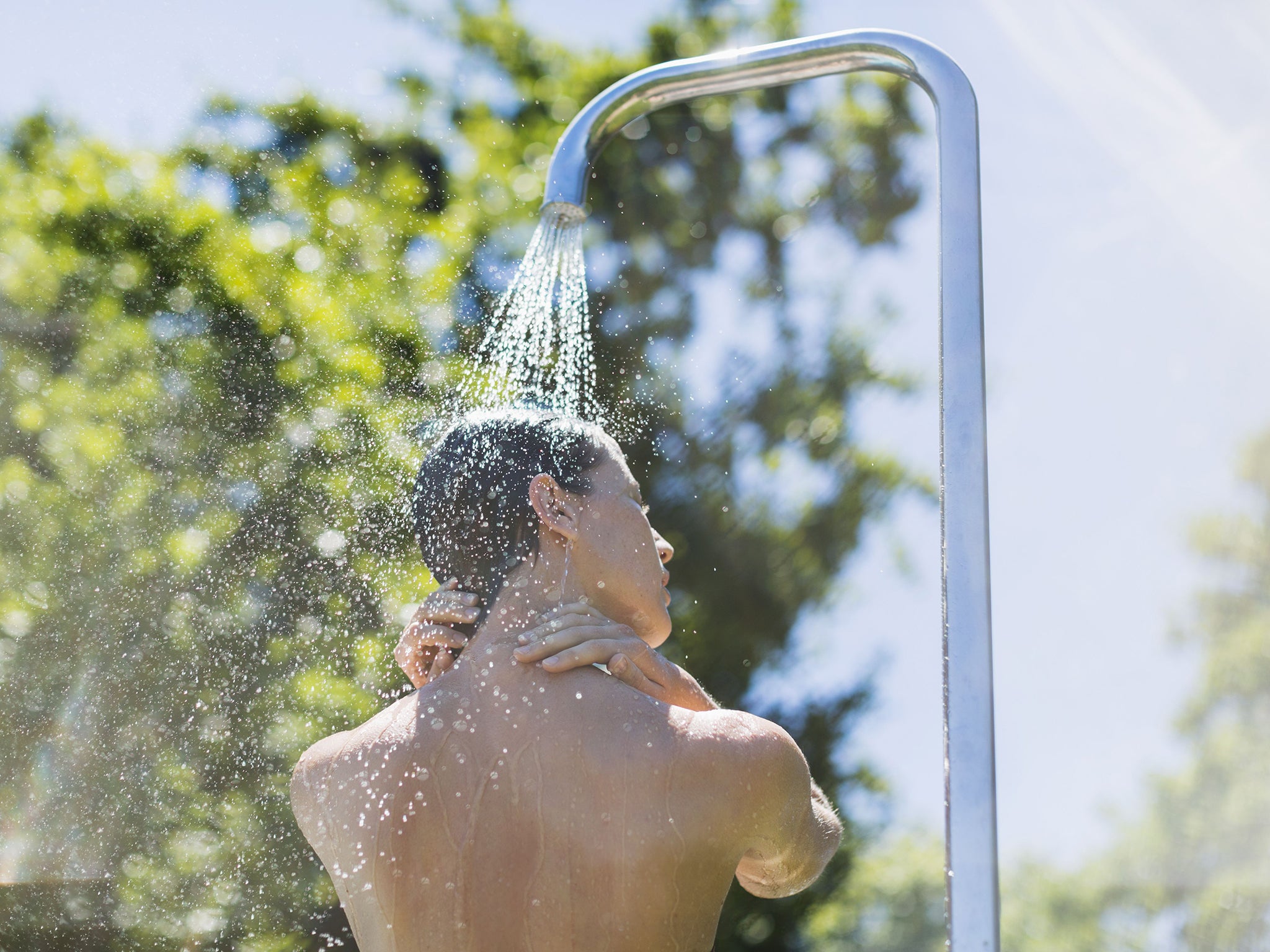Four shower mistakes you're probably making
If you shower daily and scrub yourself all over with a loofah, you may be doing it wrong

Washing your face
Washing your face in the shower is quicker and easier than bending over a sink and trying (and failing) to perfect the ‘Neutrogena splash’, but it could be doing damage to your skin.
Instead, you should be washing your face in cold or lukewarm water.
Cold water doesn’t ‘close’ your pores – this is a myth – but it is good for your skin. Beauty expert Amadine Isnard told the Gloss: “A cold finish stimulates circulation and can be hugely beneficial to the overall glow of your skin.”
Being smug about the environment
We’ve been told that having a shower is far better for the environment than having a bath because it uses less hot water.
But this is only the case if your shower is under a certain length of time. Research from Water Wise that suggests showers use less water is based on an average shower time of eight minutes.
Unfortunately for the smug environmentalist, showering for just 11 minutes might already use more water than a bath. If you use a power shower, you risk using much more water than a bath even if you’re only under there for five minutes, and you will use more energy.
Showering daily
People didn’t used to shower every day. So why did we start?
Like a lot of things, we might actually be able to put our daily showering habits down to advertising.
In 1927, the Association of American Soap and Glycerine Producers (the body which represented soapmakers) rebranded itself the ‘Cleanliness Institute’ of America - and promptly started promoting the importance of washign daily.
As Katherine Ashenberg, in ’The Dirt on Clean: An Unsanitized History’, writes: "The trade association wanted Americans to wash quite unwittingly after toilet, to wash without thought before eating, to jump into the tub as automatically as one might awake each new day.
“To modern Westerners, our definition of cleanliness seems inevitable, universal, timeless. It is none of these things, being a complicated cultural creation and a constant work in progress.”
Not showering daily doesn't make you dirty, our entire definition of ‘dirty’ actually comes from soap companies that want us to use their soap in the shower.
A lot of the bacteria that builds up on your skin is good bacteria, and can act as a shield for your skin against the bad stuff. Over-showering, in some instances, can can therefore actually increase your risk of infection, according to dermatologists.
Leave the loofah out of it
Loofahs and the like are so susceptible to bacteria that Dermatologist Dr Rachael Eckels told Stylecaster that we should give them up altogether: “The moist environment of a loofah acts like a fertile petri dish, promoting mould and bacteria growth. Coupling the abrasiveness of the loofah with its unsanitary nature allowed for germs to easily enter the skin.”
This bacteria can cause folliculitis and impetigo.
If you insist on using a loofah or washcloth, make sure you launder them regularly – at least once a week.
Join our commenting forum
Join thought-provoking conversations, follow other Independent readers and see their replies
0Comments